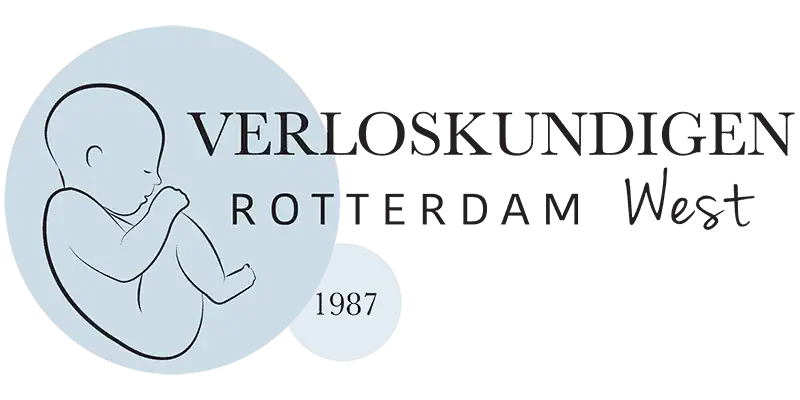Breastfeeding is now recommended as the first choice for all babies. Prenatal classes are
available to help you prepare, or you can seek advice from a lactation consultant.
Our midwifery office has connections with Marieke van Beuzekom, she gives preparation classes about breastfeeding monthly in our office or digital zoom classes. You can send her an email if you’re interested in: info@borstvoedingridderkerk.nl.
The pharmacist can advise you about medications during breastfeeding.
If breastfeeding is not possible, then infant formula is a good alternative.
For more details about breastfeeding, please visit https://www.llli.org/breastfeeding-info or consult
your midwife.
How to
Breastfeed your baby the moment he/she wakes up. Let your baby drink for as long as he/she wants to drink and remains awake. A baby who has had enough sleep, and suckles efficiently will need less than half an hour at the breast. Pay attention to symptoms of overtiredness. Many babies cry or whine if (over)tired. If you always interpret this as hunger, the need for sleep is ignored. Even a baby who has been eating well can show signs of overtiredness that can be mistaken for hunger signals, such as sucking on hands or twisting the head towards the breast. Do not doubt your instincts, and let your baby sleep.
Be aware of your own knowledge and instincts, or their limitations. A breast fed baby can get used to (excessively) large quantities. Do you tend to leave your baby on the breast for long intervals? Is an extra sip after winding/burping really necessary?
A baby receives constant nourishment in the womb. The feeling of satiety is learnt after birth. A baby who gets ‘refuelled’ at every feeding time will become used to this feeling.
Bottle fed babies often drink more than is healthy for them as milk flows more consistently from the bottle than the breast so babies tend to consume more milk from the bottle at each feed.
Breast milk from a bottle: 100-150 cc per kilogram of body weight per 24 hours. Preferably given more frequently with less in the bottle. A 4 kg baby should then have 8 x 75cc instead of 5 x 120cc. Apart from the fact that this is more natural and healthy it also allows you to follow the rhythm of your baby more effectively.
The packaging of infant formula always incorporates a schedule based on the weight of the baby, with the number of feeds per 24 hours. Example: 5 feeds of 135-165cc for a 4 kg baby. This is far too much for a single feed. On the site of the nutrition centre you can find the following bottle feeding advice: “Most babies want a bottle on average 6 times per day, and most parents will not offer them food at more regular intervals because they believe this is wrong. And the baby gets used to it. Or if it doesn’t, it sleeps badly and is restless.
Follow your baby’s rhythm: tired? Let him sleep. Awake? Feed him.
Once breastfeeding is going well and your baby is sleeping for longer at more predictable times, and this also applies to swaddled babies, you can wake your baby three hours from the beginning of the last feed for a further feed.
If the baby is not growing at the recommended rate wake your baby earlier. A baby sleeps in cycles of 45-50 min. After a minimum of two of these cycles your baby has had enough rest, and will be able to feed correctly and efficiently which will also help with growth. You can visibly observe when a baby is in a lighter stage of sleep: subtle movements such as frowns, gentle shakes, mouth and tongue movements, sucking the hands and turning of the head. This all shows that your baby will not object to being woken for a feed. Do not do this before two cycles are completed (approximately 90 minute), or your baby will fall asleep at the breast without having had a proper feed.
We work together with Marieke van Beuzekom, a lactation specialist from Ridderkerk. She gives practical breastfeeding preparatory courses, and is also available for home visits.
Take a look at her website on: www.borstvoedingridderkerk.nl
Your baby’s nutrition
We will support whichever choice you make regarding how your baby is fed. We will discuss your wishes during your pregnancy. Together with the maternity nurse you will receive help and guidance when feeding your new-born baby.
We adhere to the World Health Declaration and UNICEF recommendations related to a baby’s diet. These stats that breastfeeding offers great benefits to the health and development of the child, as well as to the health of the mother.
You will make the choice that you feel is correct for you and your baby.

